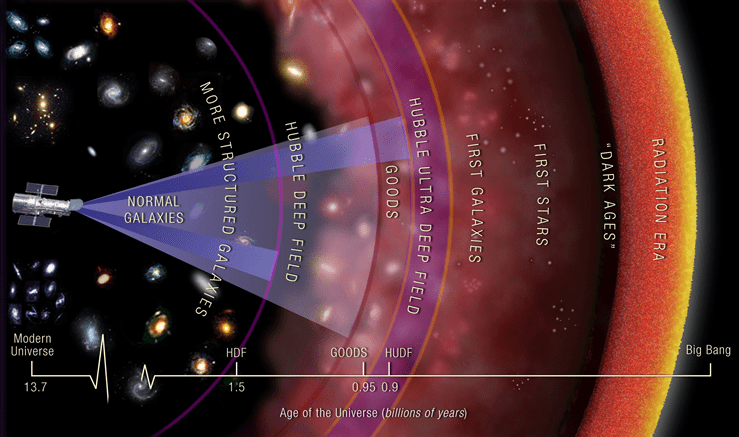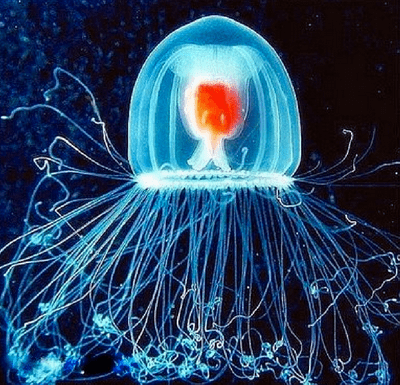Possible Preaching Themes
Possible Scientific Resources
- Noise pollution: Prophets hymn the presence of God, and John the Baptist was a unique voice proclaiming the coming of Christ and the inbreaking of God’s reign. Sometimes, however, physical and spiritual noise pollution can disable us from hearing their calls. This season we retune ourselves to their distinctive vocalizations.
- Social living: Prophets like Isaiah or John the Baptist do not deliver their message to individuals, but to communities. Just as primates evolved social living as a strategy for the survival of their species, so Advent calls us to the spiritual strategy of reshaping ourselves as community so that the gift of incarnation can continue in us.
- Noise pollution as challenges to wildlife communication:
- Scientists are discovering how birdsong changes in correspondence to factors related to the rise of human generated sounds, especially noise pollution https://royalsocietypublishing.org/doi/10.1098/rspb.2012.2798. The birds most affected by urban development are those who have higher frequency songs.
- Urbanization present a challenge for much of wildlife, especially those that communicate acoustically https://academic.oup.com/beheco/article/27/5/1275/1744925
- What COVID-19 taught us about birdsong and noise pollution https://www.owu.edu/news-media/from-our-perspective/birdsong-and-noise-pollution/
- The biology of social behavior: Primatologist Marina Cords, like many of her colleagues, asserts that behavior is a biological trait that plays a critical role in biological adaptation for nourishment, protection, and reproduction. For Cords, the biological trait of behavior and its flexibility in terms of behavioral adaptation is crucial for survival. Free on-line video at https://ctu.edu/initiatives/preaching-with-the-sciences/
- See also more about the scientific study known as biological psychology, (https://www.simplypsychology.org/biological-psychology.html) which examines the biology of behavior.
Homily Outline Combining Resources
A homily outline on social living: a view from primatology
- Primates appear in the fossil record from at least 55 million years ago. If primates are our closest scientific relatives, how might their predisposition and learning of social living over so many years illuminate how we might best live with each other in the world that God has provided? https://www.nature.com/scitable/knowledge/library/primate-sociality-and-social-systems-58068905/
- Scientists believe that the social living of primates is the result of natural selection.
- Group living uses more resources than solitary living.
- More aggression exists within group living.
- Social living increases the chances of disease transmission.
- But social living is advantageous and primates choose social living despite the costs.
- Group living provides safety in numbers.
- Groups help each other raise their young and survive risky habitats and other environmental and predatory threats to the group.
- We are not primates. But something about the way they negotiate and prefer social
- living might help us reflect upon our common humanity given by God, even in spite of our differences.
- Isaiah shows how the Israelites struggled in risky habitats on their way to the promised land [Isa 35:3].
- The Psalmist testifies to how God liberates and redeems prisoners, the blind, those who are bowed down, strangers, orphans, and widows.
- James reminds his hearers of the fortitude displayed by the prophets.
- In each of those biblical passages, God saves God’s people together and they experience the salvation of God not only within themselves, but also together as
followers and the faithful of God.
- The Gospel of Matthew
- Jesus comes fulfilling the salvation described by Isaiah, the Psalmist, and James.
- Jesus also connects his message to John the Baptist
- Even though Jesus distinguishes his ministry from John’s, both were in service of communities of believers and potential believers, not simply individuals
- As the body of Christ
- Each eucharist we call upon the Holy Spirit, to enable us to share and enact the redemption of God so that the divine power and truth (rather than the misunderstood and overemphasized liabilities) of living together are made known.
- How do we cooperate even with enemies, those we despise, or just those nominally associated with us to spread living that glorifies God?
- Like primates, those who live socially survive longer. Scientists see correlation between group survival and what is called motoric mimicry, or copying the actions of others within a group https://www.nature.com/articles/srep05283
- The everlasting love incarnated by nativity of Christ invites us during the season of Advent to adopt the fortitude expressed in Isaiah, the Psalmist, and James, and practice a spiritual mimicry of Christ to live more lovingly with one another.
- We might commit to praying for our enemies every day during Advent.
- We might seek to get to know strangers and love them as Jesus of Nazareth did every day in Advent.
- By resourcing our faith in the eternal Messiah – who when on earth loved lepers and Samaritans, and even those who crucified him – we can learn to endure and transform our existence with one another by adopting and practicing the love of God over time and through all kinds of circumstances.
Related Homily Outlines
Couldn’t find what you’re looking for?
Try searching with another filter

Preaching with Sciences

Edward Foley, Capuchin
Duns Scotus Professor Emeritus of Spirituality
Professor of Liturgy and Music (retired)
Catholic Theological Union
Vice-Postulator, Cause of Blessed Solanus







